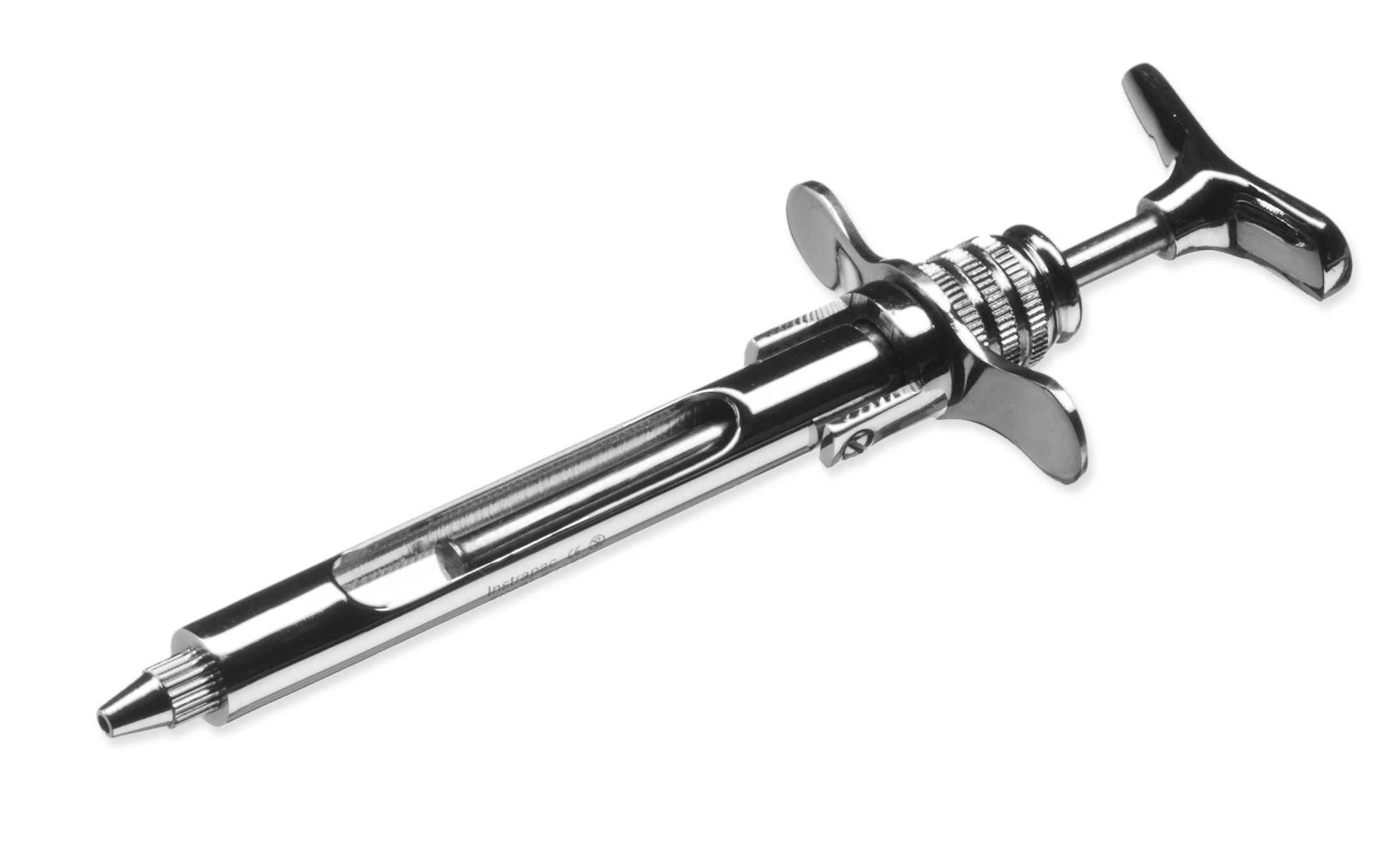Dental syringes are a critical tool in dentistry used for administering local anesthetics, irrigating teeth, and delivering other medications. They are typically made of stainless steel or plastic, and they come in various sizes and shapes to meet different dental needs. In this article, we will explore what dental syringes are, how they work, and their importance in dentistry.
What is a Dental Syringe?
A dental syringe is a medical instrument used to inject fluids into or take them out of the mouth. It consists of a barrel, plunger, and needle. The barrel is the cylindrical part of the syringe that holds the medication. The plunger is the piston-like part that moves inside the barrel to push the medication out. The needle is the sharp, hollow part that penetrates the skin or tissue to deliver the medication.
 Source: bing.com
Source: bing.comHow Does a Dental Syringe Work?
A dental syringe works by compressing the plunger, which forces the medication through the needle. The needle is inserted into the soft tissue, and the medication is delivered to the desired location. The pressure created by the injection separates the tissue, allowing the medication to diffuse into the surrounding areas.
Types of Dental Syringes
There are two main types of dental syringes: aspirating and non-aspirating. Aspirating syringes have a harpoon-like mechanism that can be pulled back to check if the needle is in a blood vessel. Non-aspirating syringes do not have this mechanism and are typically used for children or for delivering anesthesia into soft tissue.
Uses of Dental Syringes
Dental syringes are used for various purposes in dentistry, including:
- Administering local anesthesia: Dental syringes are used to inject local anesthetics into the gums, teeth, or jawbone to numb the area before a dental procedure.
- Irrigating teeth: Dental syringes are used to flush out debris or bacteria from a tooth during a root canal or other dental procedures.
- Delivering other medications: Dental syringes can be used to deliver other medications, such as antibiotics or anti-inflammatory drugs, into or around the tooth.
How to Use a Dental Syringe
Using a dental syringe requires proper technique to ensure a safe and effective injection. Here are the steps to follow:
- Check the medication: Make sure that you have the correct medication and dosage for the patient.
- Prepare the syringe: Attach the appropriate needle to the syringe. Draw up the medication into the barrel of the syringe, making sure there are no air bubbles.
- Prepare the patient: Inform the patient about the procedure and ask them to rinse their mouth with an antiseptic solution. Apply a topical anesthetic to numb the area before injection.
- Inject the medication: Hold the syringe like a pencil and insert the needle at a 90-degree angle to the surface of the tissue. Aspirate the plunger to check for blood. If no blood appears, slowly inject the medication. Withdraw the needle slowly and dispose of it in a sharps container.
- Observe the patient: Monitor the patient for any adverse reactions or complications.
Precautions with Dental Syringes
There are several precautions to take when using dental syringes:
- Use a new, sterile needle for each patient to prevent the spread of infection.
- Dispose of used needles in a sharps container to prevent accidental needle sticks.
- Check for allergies or contraindications before administering any medications.
- Follow proper injection techniques to avoid injury or nerve damage.
Cleaning and Maintenance of Dental Syringes
Proper cleaning and maintenance of dental syringes are crucial to prevent infections and ensure their longevity. Here are some tips to follow:
- After each use, remove the needle and flush the syringe with warm water to remove any medication or debris.
- Autoclave the syringe and needle to sterilize them before reuse.
- Store the syringe and needle in a clean, dry place to prevent contamination.
- Replace the syringe or needle if it becomes damaged or worn out.
The Importance of Dental Syringes in Dentistry
Dental syringes play a vital role in dentistry by providing safe and effective anesthesia and medication delivery to patients. Without them, dental procedures would be much more painful and uncomfortable for patients. Dental syringes are also essential for maintaining proper dental hygiene and preventing infections, making them a critical tool for dentists and dental hygienists.
In Conclusion
Dental syringes are an integral part of dentistry that allow for safe and effective administration of anesthesia and medications. They come in various shapes and sizes and are used for various purposes, including local anesthesia, irrigation, and medication delivery. Proper technique, precautions, and cleaning are necessary to ensure their safety and effectiveness. Overall, dental syringes are a critical tool for dentistry that make dental procedures as painless and comfortable as possible for patients.